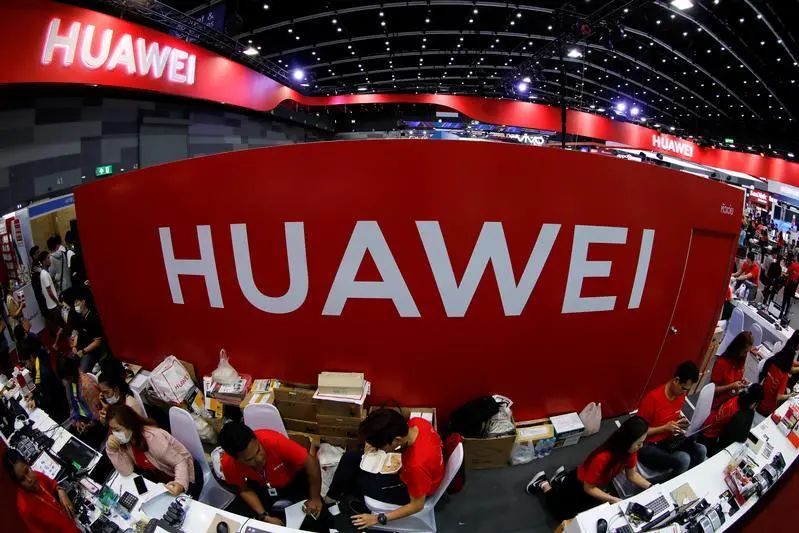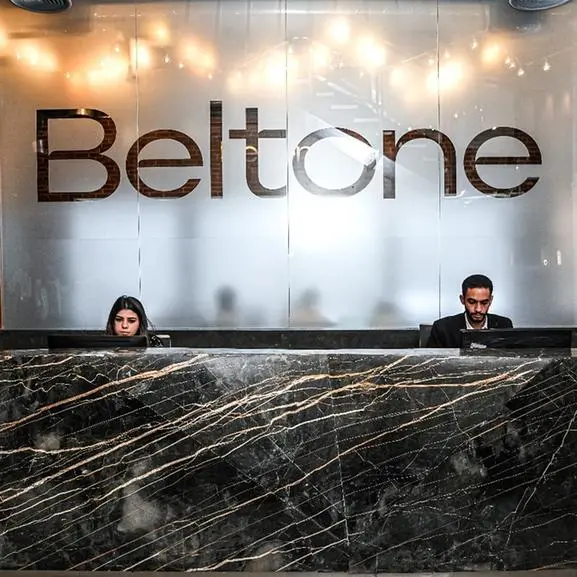PHOTO
HONG KONG - Huawei desperately wants for friends like Facebook. The Chinese handset and telecoms equipment giant led by Ren Zhengfei last week rolled out its own operating system in case Washington blocks access to Google’s Android. The hope is that foreign app companies will create compatible versions, allowing the company to retain its clout in global markets. Huawei will spend $1 billion to support developers, but financial incentives may not be sufficient.
China's over-dependence on American operating systems has made it painfully obvious that without the Google Play store, Huawei phones will have little appeal offshore. That vulnerability has been brought into sharp focus with U.S. President Donald Trump whacking Huawei onto the dreaded “Entity List”, which restricts U.S. firms’ ability to sell to the Chinese company.
At the root of the problem is the fact that China’s software industry hasn't bothered to develop applications for overseas users; Tencent's 0700.HK WeChat is used almost entirely by mainlanders, as is Alipay. If Huawei wants to sell watches, televisions or phones running its Harmony operating system abroad, it must load them with tools foreign customers already use. That’s why the company is trying to make it easy for existing Android apps to run on Harmony with just a few tweaks.
Huawei representatives might start by visiting non-American app makers with big overseas user bases in markets where Chinese phones are popular. Firms like Japanese chat-app Line, with 500 million users; Indian payments gateway Paytm; or Spotify, which is Swedish, could all drive hard bargains on revenue sharing; Huawei needs them far more than the other way around.
But Ren cannot succeed without American help. Facebook, YouTube, PayPal and WhatsApp are ubiquitous not only in the West but also in developing economies, with Android downloads in the billions. The challenge will be to convince these firms to roll out Harmony versions of their apps.
Any revenue sharing or payments might run afoul of U.S. export controls. That leaves quid pro quo; for example, Ren could use exquisite connections in Beijing to help the likes of Mark Zuckerberg of Facebook advance long-frustrated expansion plans in the People's Republic. Huawei’s future in handsets may rest on anticipation of mutual gains.
CONTEXT NEWS
- Huawei Technologies on Aug. 9 unveiled a proprietary operating system called Harmony for smartphones and other devices, as trade restrictions imposed in May threaten to cut the Chinese firm's access to U.S. technologies related to Google's Android.
- Huawei said that for now it would stick to using Android for smartphones. The new software will be gradually rolled out to support devices such as smartwatches, speakers and virtual reality gadgets.
- Zhang Ping'an, president of Huawei consumer cloud service, said that the company plans to invest $1 billion to support developers for Harmony, and 80% of that would be spent overseas.
(Editing by Una Galani and Katrina Hamlin) ((pete.sweeney@thomsonreuters.com; Reuters Messaging: pete.sweeney.thomsonreuters.com@reuters.net))





















